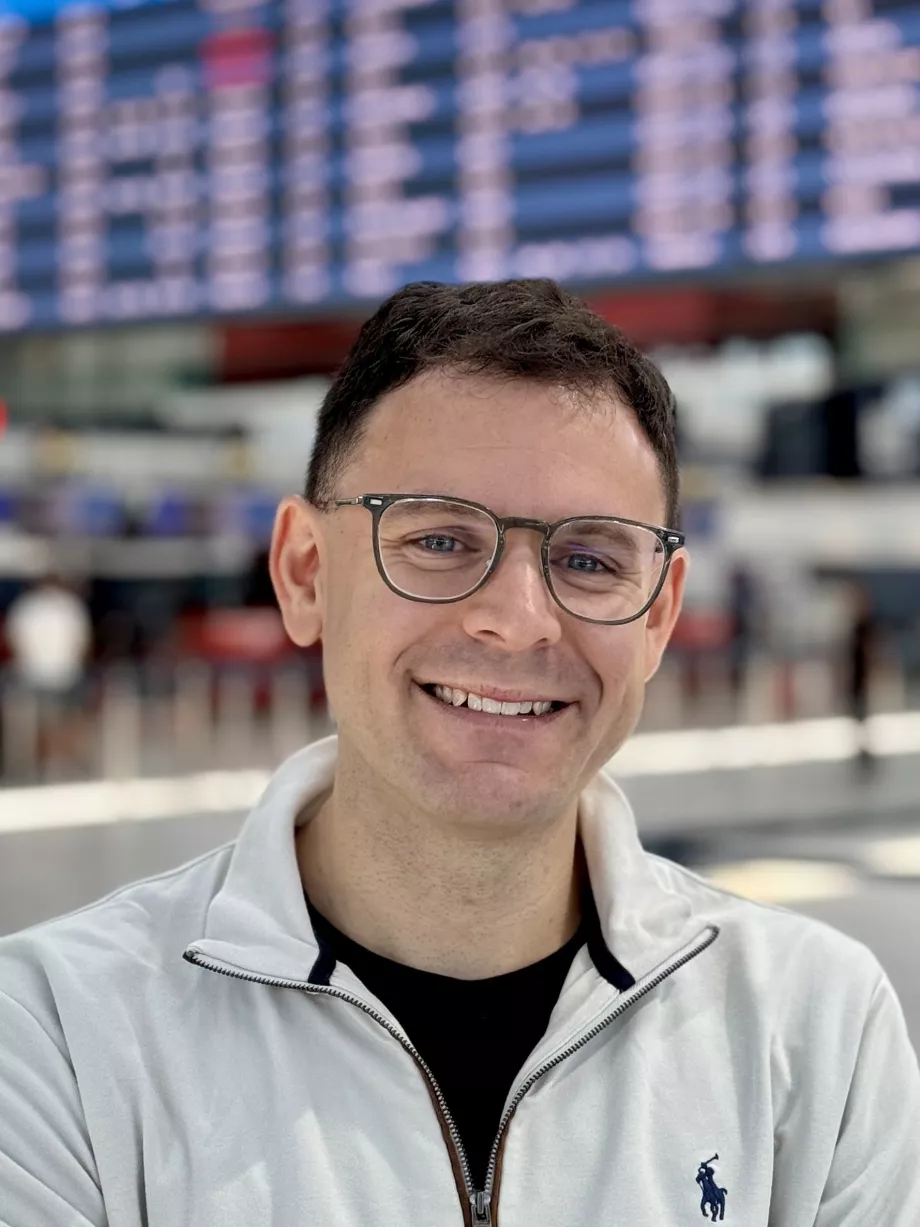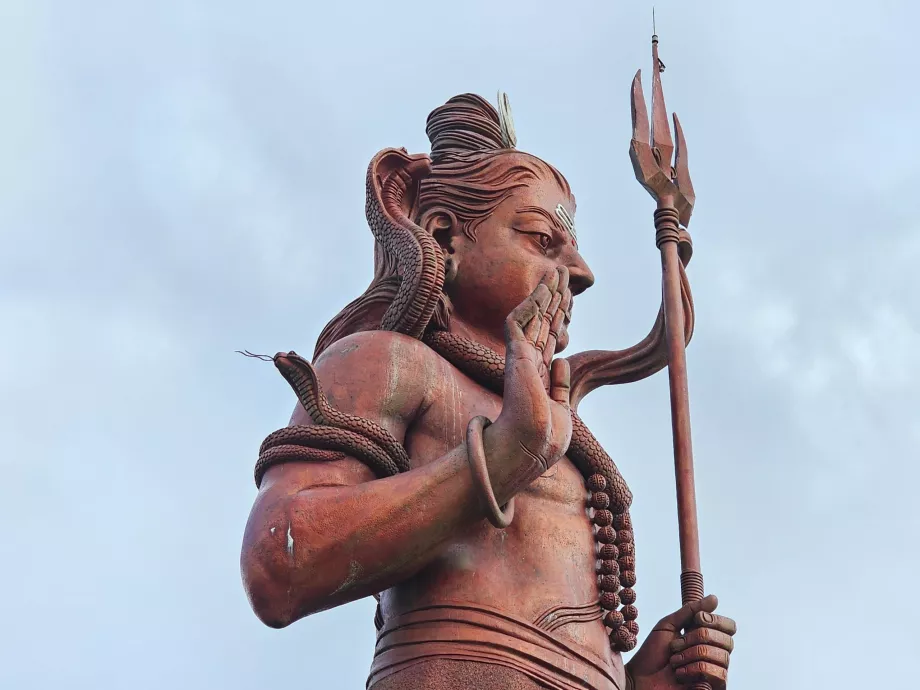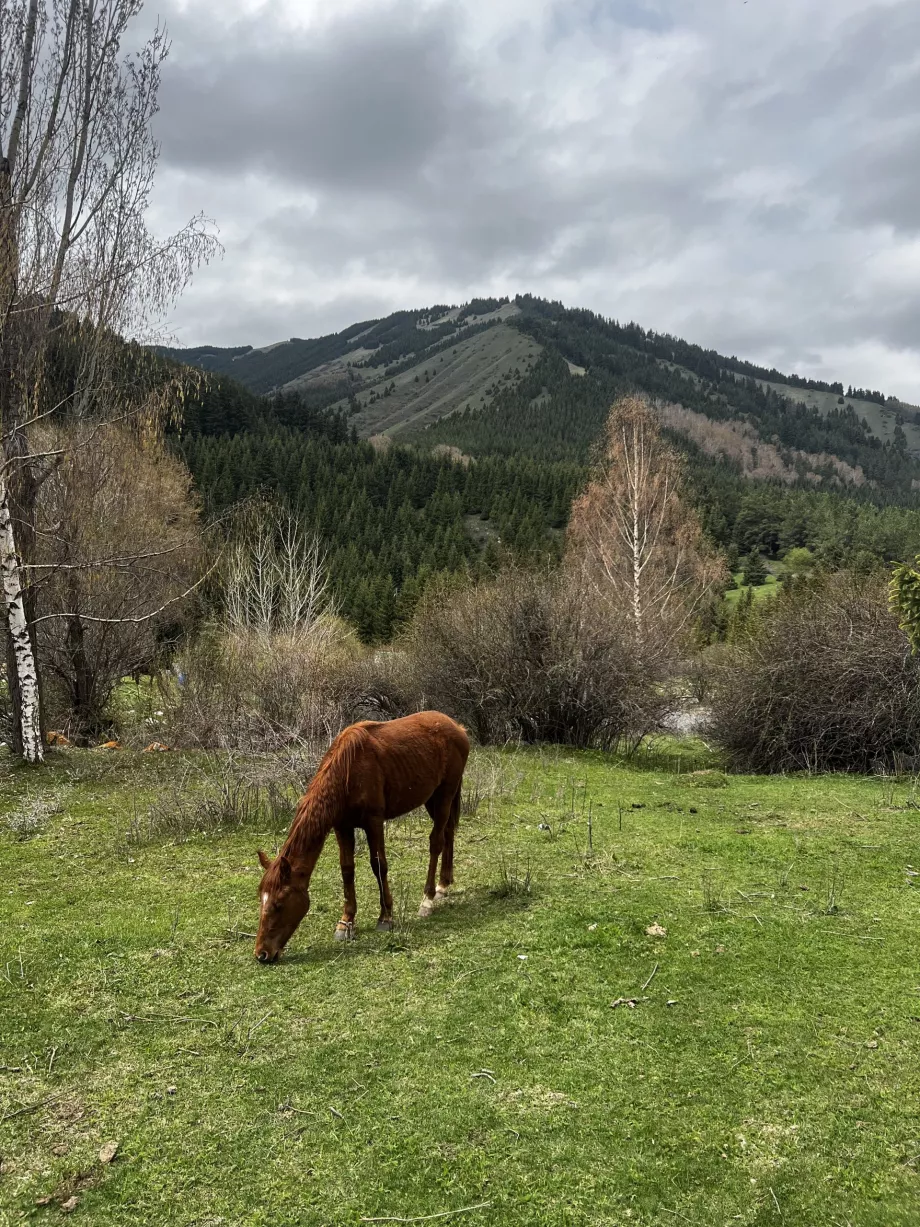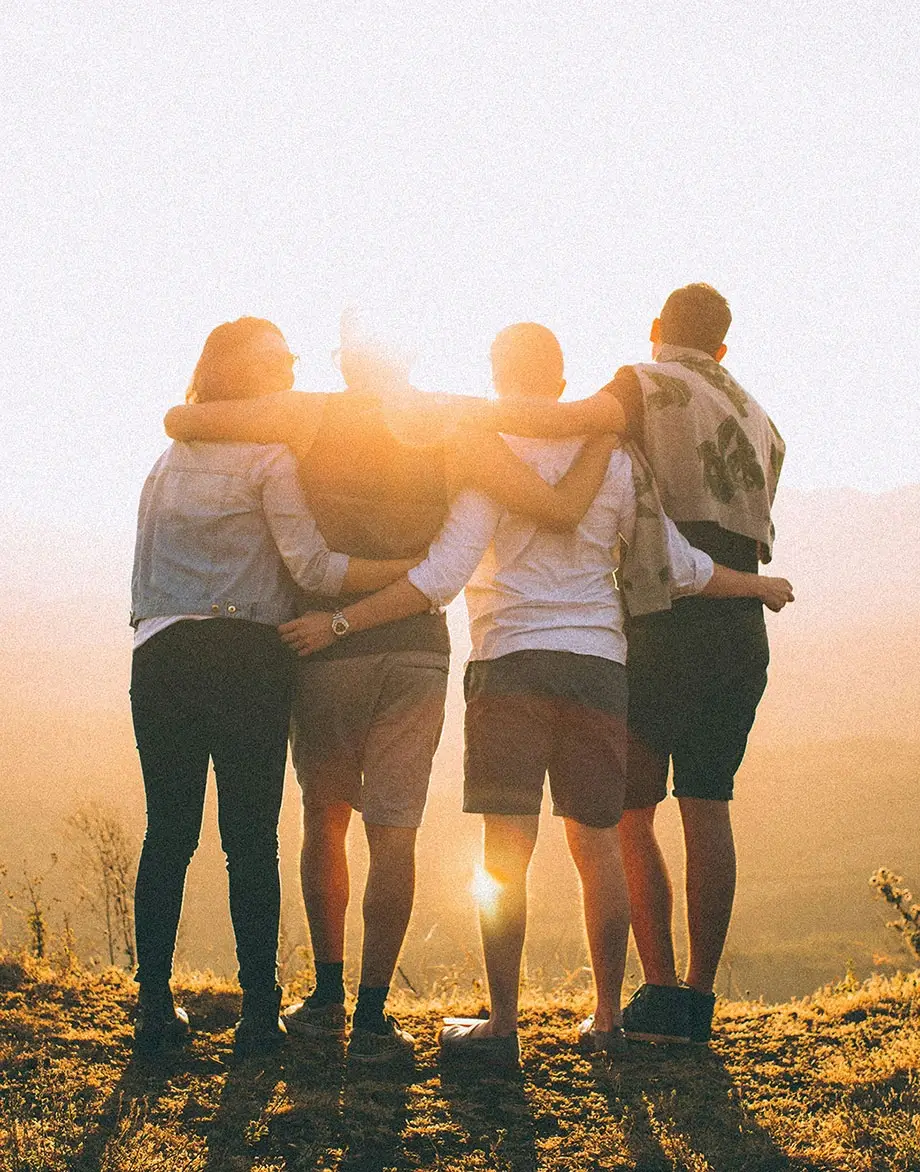Culture and history of Mauritius
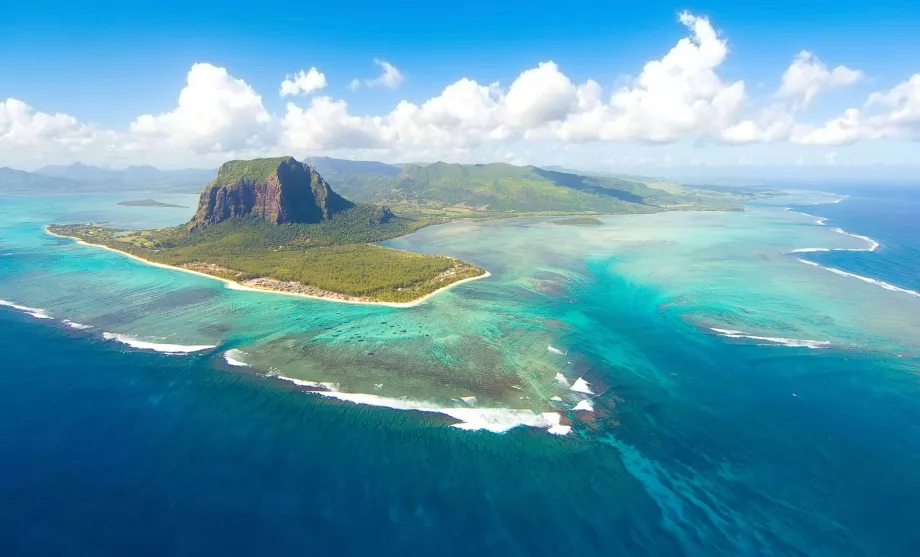
How easy is it to speak English in Mauritius? What are Mauritians like and when are shops closed in Mauritius?
Compare flight prices to Mauritius - skyscanner.com
Language
Mauritius has no official language as defined by the constitution, however there are 2 official languages - English and French.
Therefore, you will only see French signs in some offices and English signs in others.
For example, road signs and road markings are always in English only.
For more than 90% of the population, however, the mother tongue is Mauritian Creole, a language based on French but with elements of English.
Around 5% speak the native Indian language Bhojpuri, around 4.5% have French as their mother tongue and only 0.6% have English.
Knowledge of English or French
English and French can be spoken everywhere - at least the basic phrases and words are known to absolutely everyone.
You won't have a problem in restaurants, at beach stalls, tourist agencies, market stalls, transport - just anywhere.
Mauritius is a very tourist-friendly country in this respect. None of the locals have absolutely no problem talking to you in a language other than their own (which is mostly Creole).
People and religion
The composition of the Mauritian population is very diverse and varied, which is one of the reasons why Mauritians are very tolerant in terms of race and religion.
All groups live together peacefully and peacefully and religious or perhaps even racial strife is virtually non-existent.
Indo-Mauritians of Indian origin make up the largest proportion of the population (about 46%). Indeed, this is the reason why there are so many direct flights to Mauritius from India.
Find out flight prices to Mauritius
Over 38% are Creoles (descendants of Africans). Chinese and descendants of European colonizers, especially the French and British, make up 3% of the population each.
Religion is dominated by Hinduism (over 48%) - you'll see temples on every corner and the Hindu temple complex at the sacred site of Grand Bassin is one of Mauritius' top attractions.
Around 27% are Catholic and 18% Muslim.
Mauritians and their relationship with tourists
Within Africa, Mauritius is a unique country.
Tourists are not treated as a money box here and in fact, no one will take any notice of you at all when you move around the cities, no matter what nationality or race you are.
The locals are very friendly and if you want to have a chat or just need some advice, you certainly don't have to worry about asking anyone on the street.
Holidays
If you're visiting Mauritius in January/February, don't miss the Chinese New Year and the Hindu festival of Maha Shivaratri, during which you can make a pilgrimage to the sacred Grand Bassin Lake with the locals. You'll also have the chance to sample traditional local dishes.
List of Mauritian public holidays and days off
- 1 January - New Year
- 2 January - New Year celebrations continue
- 1 February - Abolition of slavery
- 12 March - National Day
- 1 May - Labour Day
- 15 August - Feast of the Assumption
- 2 November - Arrival of the wage labourers
- 25 December - Christmas Day
Plus floating holidays:
- Chinese New Year - a different time each time (January or February)
- Eid al-Fitr - Muslim holiday of breaking the fast (different each time, tied to the end of Ramadan)
- Thaipoosam Cavadee - Hindu festival every first full moon of the Tamil month
- Maha Shivaratree - Hindu festival with a floating date (always in February or March)
- Ugadi - the first day of the year on the Hindu calendar
- Ganesh Chaturthi - a Hindu festival with a floating date (usually in August or September)
- Divali - a Hindu festival with a floating date (during the month of Ashvin)
Shop opening hours
Shops are open Monday to Saturday from 7-8am to 7-8pm, large shopping malls like Bagatelle until 10pm.
On Sundays, many places have reduced hours, usually until 12 pm; an exception may be some marketplaces such as the one in Flacq, which is only open on Wednesdays and Saturdays.
Offices, banks and post offices are usually closed on weekdays. However, tourist services, restaurants, cruises and national parks usually remain open.
History in a nutshell
This young republic only gained its independence in 1992. This was mainly due to Sir Seewoosagur Ramgoolam, whose name you will come across at every step of your arrival in Mauritius (yes, the Mauritius International Airport is also named after this famous native).
Originally a Dutch outpost on the route from Europe to Java, it was taken over by the French in the early eighteenth century. A century later, the island came under the rule of the British, who abolished slavery in 1835 and began importing labourers to work in the cane fields.
Mauritius has undergone tremendous changes in recent years, transforming from a formerly poor country dependent on sugar cane yields into one of the most successful African economies of recent decades. Evidence of this can be seen in the rising skyscrapers in Port Louis and so-called "cyber towns" such as Ebene Cybercity.
Tourism infrastructure
Plenty of planes full of tourists arrive on the island daily, so expect a fully functioning tourist service.
If you are travelling on your own, rent a car immediately at the airport as taxis are not very economical and buses take too long.
In general, Mauritius is a very developed country and the tourist services such as hotels, car rental, restaurants, tour offers and more are of a very high standard.
Any questions left?
If you have any questions or comments about the article...
